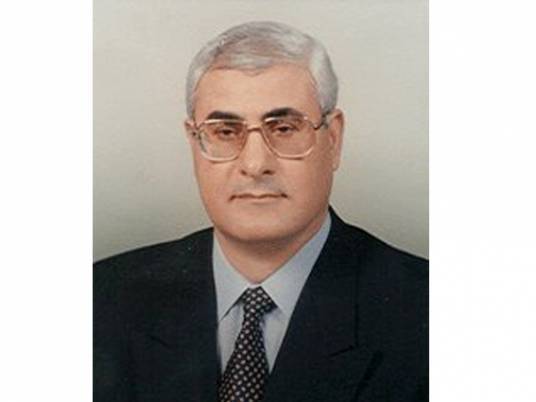 The presidency issued a statement a short while ago about the criteria for choosing the 50 members of the committee that would amend the constitution, based on proposals received from different social forces.
The presidency issued a statement a short while ago about the criteria for choosing the 50 members of the committee that would amend the constitution, based on proposals received from different social forces.
The statement said that according to Article 29 of the Constitutional Declaration issued on 8 July 2013 on the amendment of the suspended 2012 Constitution, the members of the committee should represent all segments of society, particularly political parties, intellectuals, workers, farmers, members of professional associations, unions, national councils, Al-Azhar, Egyptian churches, the police and the armed forces, and public figures, and should include at least ten women and ten young people.
Each of the above groups will nominate an equal number of original and backup candidates, while the cabinet will nominate public figures. Resumes and the rationale for each candidate's nomination will also be presented.
Al-Azhar will nominate three candidates, of which one will be a young scholar.
Egyptian churches will nominate three candidates.
It is required that four nominees be under the age of 49, of which one should be from the Tamarod Campaign, another from the 25 January Youth, and two of which should be professionals who were active in the 25 January or 30 June uprisings, whether they be lawyers, doctors, media personalities or work in another field.
Islamist parties are afforded two nominees, liberal parties will have two representatives, and left-wing parties and national trend parties each get one nominee.
The culture sector will nominate one candidate from the Writers' Union, one from the Technical Trade Union, one from the Fine and Applied Arts Sector, and one from the Supreme Council for Culture.
Labor unions and farmers’ unions will each have two nominees.
There will be one nominee from the lawyers Syndicate, one from the Doctors Syndicate, one from the Engineers Syndicate, and one from the Journalists Syndicate.
The Federation of Chambers of Tourism will nominate one member, as will the Union of Industrial Chambers, the Federation of Chambers of Commerce, the Union of Egypt’s Students, and the General Federation of Associations and NGOs.
The National Council for Women will nominate one candidate, as will the National Council for Childhood and Motherhood, the National Council for Human Rights, the Supreme Council of Universities, and the National Council For Special Needs.
The army and the police forces will each nominate one candidate, while the cabinet will nominate ten people from different geographical locations.



